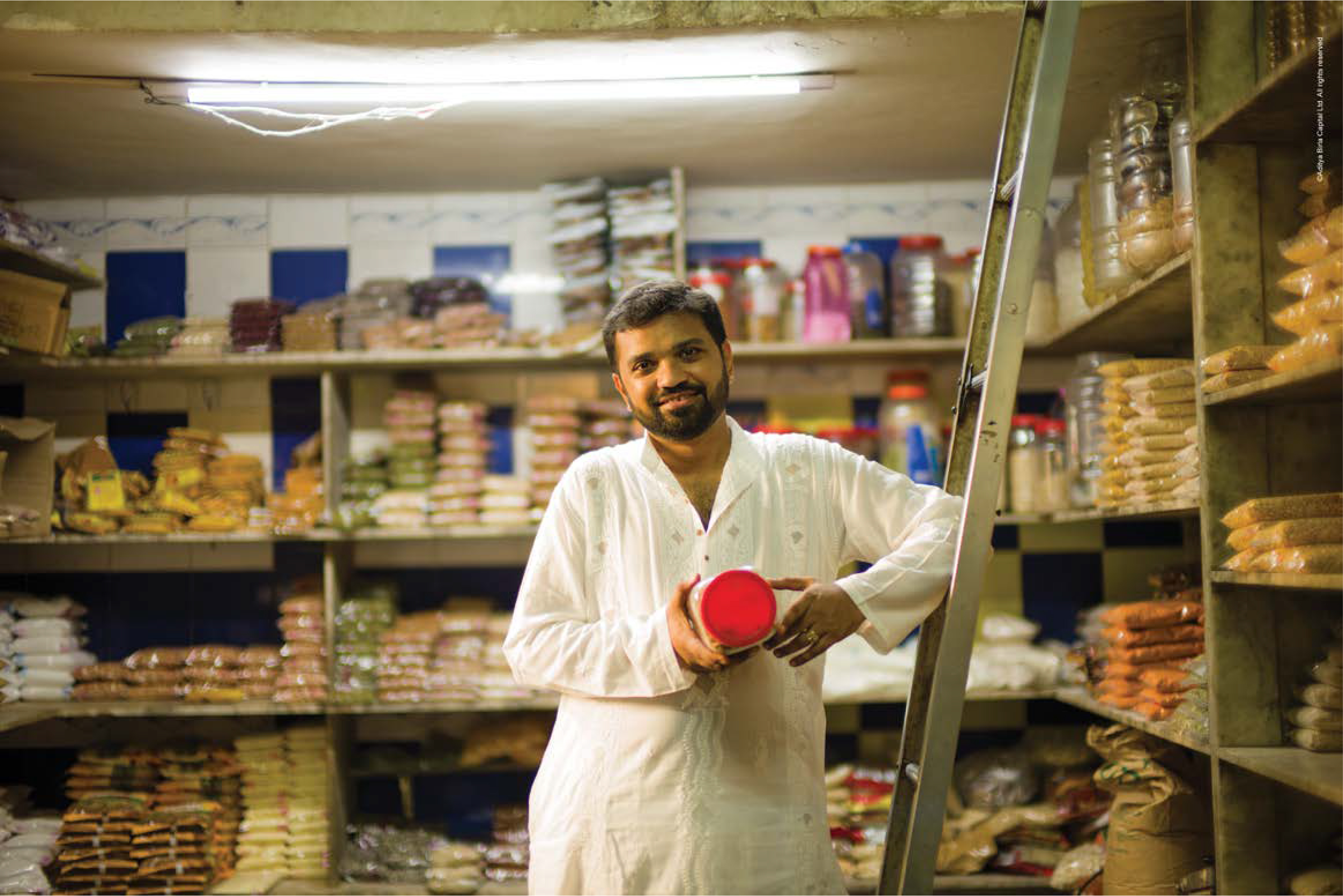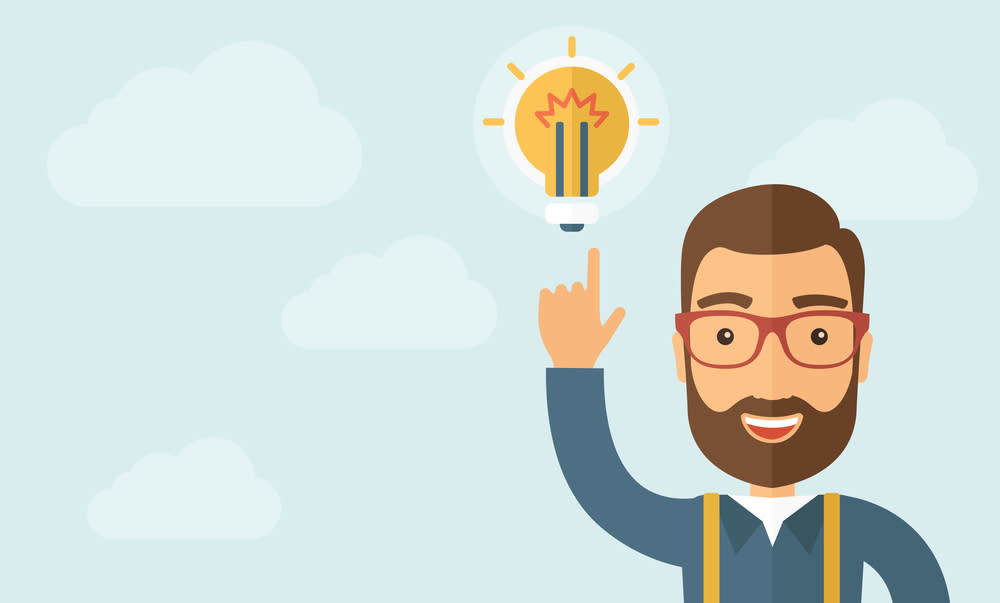People Who Feel Unlovable Engage In These Behaviors

Understanding why people behave the way they do can be as complex as untangling a pair of earbuds. Often, the underlying issue is a deep-seated feeling of being unlovable. This can manifest in various habits and coping mechanisms that aren't always obvious, but recognizing them can be the first step toward change. Whether it's through overachieving, people-pleasing, or self-sabotage, these behaviors are often attempts to fill a void. Here are 14 ways people compensate for feeling deeply unlovable.
1. They Overachieve

People who feel unlovable might throw themselves into their work or hobbies as a way to prove their worth. Achievements become a substitute for love and acceptance, offering a temporary high and validation. According to psychologist Dr. Susan Whitbourne, this pattern often stems from a desire to please others and earn admiration, which momentarily masks feelings of inadequacy. Consistently pushing oneself to the limit can also be a way to distract from emotional pain. However, this relentless drive can take a toll, eventually leading to burnout or a perpetual sense of dissatisfaction.
The accolades and successes can feel gratifying in the short term, but they rarely fill the emotional void. Over time, the need for achievement can become an endless cycle, where each new accomplishment feels less fulfilling than the last. People may find themselves constantly chasing the next goal in an attempt to feel valuable. This can lead to a sense of emptiness, as they realize that external achievements can't replace internal self-worth. It's a tough cycle to break, but recognizing it is the first step towards finding balance.
2. They People-Please

Another common way people try to compensate is by becoming chronic people pleasers. They go out of their way to make others happy, often at the expense of their own needs and desires. The goal is to be liked and accepted, hoping that this will translate into feeling loved. However, this constant giving can be exhausting and can lead to resentment when the effort isn't reciprocated. Over time, the lack of genuine connection can amplify feelings of unworthiness.
AdvertisementAdvertisement#_R_14n2adkalhb5fiv5vddbH1_ iframe AdvertisementAdvertisement#_R_24n2adkalhb5fiv5vddbH1_ iframePeople-pleasers often struggle to say no, fearing rejection if they don't comply with others' expectations. They may feel that their value is tied to what they can do for others, rather than who they are. This can lead to unhealthy relationships where boundaries are blurred, and self-identity is lost. It's a precarious way to live, as it depends heavily on external validation. Understanding that it's okay to put oneself first can be liberating, yet challenging for someone conditioned to equate love with sacrifice.
3. They Seek Validation
 Young woman asking her boyfriend for forgiveness at home
Young woman asking her boyfriend for forgiveness at homeMany people who feel unlovable constantly seek validation from others as a way to reassure themselves of their worth. This often manifests as a perpetual need for compliments, praise, or recognition. According to a study published in the Journal of Personality and Social Psychology by Dr. Jennifer Crocker, this pursuit of external validation can become addictive, as each compliment provides a fleeting sense of worth. However, the validation high is often short-lived, requiring more frequent and intensified doses to achieve the same effect. Over-relying on others for validation can lead to unstable self-esteem and a lack of self-awareness.
In the quest for validation, people may also engage in behaviors that are out of character or even harmful. They might exaggerate achievements or downplay failures in an effort to appear more successful. This can create a facade that, while momentarily satisfying, ultimately feels inauthentic. Over time, the pressure to maintain this persona can lead to anxiety and a further sense of inadequacy. Learning to self-validate can be challenging but is essential for authentic self-worth.
4. They Avoid Vulnerability
 Please don't let this be the end
Please don't let this be the endPeople who feel unlovable often avoid vulnerability at all costs. Sharing emotions or personal struggles can seem daunting, as they're afraid of being judged or rejected. Instead, they might present a facade of confidence or nonchalance, hoping to appear self-sufficient and unbothered. This emotional armor can create a barrier that prevents genuine connections with others. While it may protect them from immediate hurt, it also isolates them, reinforcing feelings of loneliness.
AdvertisementAdvertisement#_R_1972adkalhb5fiv5vddbH1_ iframe AdvertisementAdvertisement#_R_2972adkalhb5fiv5vddbH1_ iframeAvoiding vulnerability can also lead to superficial relationships where deeper emotional bonds are never formed. This can perpetuate the belief that they are unworthy of love, as these relationships never evolve past a surface level. The fear of being exposed can also prevent people from experiencing the full spectrum of human emotion, both positive and negative. Over time, the inability to be vulnerable can erode self-esteem and further entrench feelings of unworthiness. Learning to embrace vulnerability can be daunting but ultimately leads to more fulfilling relationships.
5. They Self-Sabotage

Self-sabotage is another way people cope with feeling unlovable, often unconsciously. They might undermine their own efforts or relationships, believing they don't deserve success or happiness. This can manifest in various ways, such as procrastination, negative self-talk, or picking fights with loved ones. According to Dr. Ellen Hendriksen, a clinical psychologist, self-sabotage is a complex behavior where the fear of failure or success prevents people from reaching their full potential. It becomes a self-fulfilling prophecy, where actions align with the negative beliefs they hold about themselves.
People who self-sabotage often have an internal dialogue that reinforces their unworthiness. They may convince themselves that failure is inevitable, so there's no point in trying. This mindset can stagnate personal growth and prevent meaningful achievements. Overcoming self-sabotage involves recognizing these destructive patterns and challenging the underlying beliefs. It requires patience and commitment to transform the way one views oneself and their capabilities.
6. They Cling To Toxic Relationships
 Young couple breaking up at the street
Young couple breaking up at the streetPeople who feel unlovable might cling to toxic relationships, believing it's the best they can do. They may stay with partners who mistreat or undervalue them, thinking they don't deserve better. This can stem from low self-esteem, where they internalize negative treatment as a reflection of their worth. In some cases, the drama and intensity of these relationships can mimic the feeling of passion, making it hard to let go. However, these relationships often exacerbate feelings of inadequacy.
AdvertisementAdvertisement#_R_1dn2adkalhb5fiv5vddbH1_ iframe AdvertisementAdvertisement#_R_2dn2adkalhb5fiv5vddbH1_ iframeStaying in a toxic relationship can also be a way to avoid being alone, as being single might feel synonymous with being unlovable. The fear of loneliness can be so overpowering that it overrides the desire for a healthy relationship. Over time, this can lead to a cycle of repeated patterns with different partners, each relationship reinforcing the belief of unworthiness. Breaking free requires recognizing one's value and setting clear boundaries. It involves understanding that love shouldn't come at the cost of self-respect.
7. They Escape Into Social Media

For some, social media becomes a way to compensate for feeling unlovable by curating an idealized version of life. The pursuit of likes, shares, and comments can provide temporary validation, creating a false sense of connection. A study by Dr. Jennifer Mills at York University highlights the link between social media use and self-esteem, suggesting that people often use these platforms to gauge their self-worth. Despite the immediate gratification, this reliance can foster a deeper sense of inadequacy when online interactions don't translate to real-world connections. The curated perfection can also lead to unhealthy comparisons, further eroding self-esteem.
Spending excessive time on social media can detract from forming genuine, face-to-face relationships. People may prioritize virtual interactions over real-life connections, leading to a sense of isolation. The constant need for approval can also result in anxiety and depression, as people feel they can never measure up to the digital personas they create. Over time, this can magnify feelings of unworthiness and loneliness. Finding balance and limiting social media use can help redirect focus towards more meaningful interactions.
8. They Need Approval
 sad woman texting on couch
sad woman texting on couchFor people who feel unlovable, seeking approval from others becomes a way to validate their existence. They may constantly ask for opinions or reassurance, needing external confirmation of their value. This behavior often stems from a lack of self-confidence and an inability to trust one's own judgment. While approval can provide a temporary boost, it can also be draining, as it places one's self-worth in the hands of others. Over time, this dependence can erode self-esteem, as people struggle to find internal validation.
AdvertisementAdvertisement#_R_1i72adkalhb5fiv5vddbH1_ iframe AdvertisementAdvertisement#_R_2i72adkalhb5fiv5vddbH1_ iframeThe need for approval can also lead to anxiety, as people constantly worry about how they're perceived. They may overanalyze interactions, fearing they've said or done something wrong. This can create a cycle of self-doubt and insecurity, making it difficult to make decisions or assert oneself. In the long run, relying on others for validation can hinder personal growth and independence. Learning to trust oneself and recognizing one's intrinsic value is key to overcoming this pattern.
9. They Avoid Intimacy

Avoiding intimacy is another coping mechanism for those who feel unlovable. The fear of being seen or known can be overwhelming, leading people to keep others at arm's length. They may engage in casual relationships or avoid dating altogether to protect themselves from potential rejection or hurt. This avoidance can lead to loneliness, as meaningful connections are never formed. The cycle of isolation can reinforce feelings of inadequacy and unworthiness.
People who avoid intimacy often struggle with vulnerability, fearing emotional exposure. They might find it difficult to open up or share personal experiences, believing that doing so would lead to judgment or rejection. This can result in a lack of deep, meaningful relationships, as they never allow others to truly know them. Over time, the loneliness can become suffocating, as they long for connection but fear the risks involved. Overcoming this pattern involves learning to embrace vulnerability and understanding that intimacy can lead to deeper connections and healing.
10. They Shop Obsessively
 woman legs out of a pile of clothes on the floor. shopping addiction concept
woman legs out of a pile of clothes on the floor. shopping addiction conceptObsession with shopping or material possessions is another way people try to fill the void of feeling unlovable. Buying things provides a temporary sense of satisfaction and control, offering a distraction from emotional pain. People may equate their worth with the things they own, believing that material success reflects personal value. While shopping can provide a quick emotional boost, it doesn't address underlying feelings of inadequacy. Over time, the cycle of spending can lead to financial stress and further erode self-esteem.
AdvertisementAdvertisement#_R_1mn2adkalhb5fiv5vddbH1_ iframe AdvertisementAdvertisement#_R_2mn2adkalhb5fiv5vddbH1_ iframeThe pursuit of material possessions can also lead to superficial relationships, where people value others based on what they have rather than who they are. This can perpetuate feelings of emptiness, as genuine connections are never formed. Over time, the accumulation of possessions may feel hollow, as they never truly satisfy the need for love and acceptance. Breaking free from this pattern involves shifting focus from material wealth to personal growth and meaningful relationships. It requires recognizing that true worth can't be bought or measured in possessions.
11. They Fear Failure
 panic attack
panic attackA fear of failure often haunts people who feel unlovable, as each setback seems to confirm their worst fears about themselves. They may avoid taking risks or pursuing goals, fearing that failure will expose their inadequacy. This fear can be paralyzing, preventing people from reaching their full potential or exploring new opportunities. Over time, the avoidance of failure can lead to stagnation and a lack of personal growth. The fear becomes a self-fulfilling prophecy, as people never allow themselves to succeed.
The fear of failure can also lead to a perfectionist mindset, where anything less than perfect is unacceptable. This can create immense pressure and anxiety, as people strive for an unattainable standard. Over time, the constant fear of falling short can erode self-esteem and create a cycle of self-doubt. Learning to embrace failure as a part of growth can be transformative, allowing people to take risks and learn from their mistakes. It's a crucial step towards building resilience and self-confidence.
12. They Emotionally Eat

Emotional eating is another way people cope with feeling unlovable, using food as a source of comfort. They may turn to food during times of stress or sadness, believing that it can fill the emotional void. This behavior can become a cycle, where overeating leads to guilt and shame, further reinforcing feelings of inadequacy. Over time, reliance on food for emotional support can lead to health issues and a negative body image. The satisfaction provided by food is temporary, leaving deeper emotional needs unmet.
AdvertisementAdvertisement#_R_1r72adkalhb5fiv5vddbH1_ iframe AdvertisementAdvertisement#_R_2r72adkalhb5fiv5vddbH1_ iframeEmotional eating can also be a way to suppress emotions, as people use food to numb pain or avoid dealing with difficult feelings. This can prevent them from addressing the root causes of their unhappiness, leading to a cycle of avoidance and denial. Over time, the reliance on food can become an unhealthy coping mechanism, creating a barrier to personal growth. Recognizing the emotional triggers for eating and finding healthier ways to cope can be a positive step towards self-acceptance. It involves learning to listen to one's body and emotions, rather than using food as a crutch.
13. They Self-Isolate
Isolation is a common response for people who feel unlovable, as they withdraw from social interactions to protect themselves from rejection. They may avoid social events or gatherings, believing that their presence is unwelcome or unwanted. This withdrawal can lead to loneliness and exacerbate feelings of inadequacy, as they're deprived of the connection and support they need. Over time, the lack of social interaction can erode self-esteem and reinforce negative beliefs about oneself. The cycle of isolation can become difficult to break, as people feel trapped in their own solitude.
People who isolate themselves often struggle with feelings of shame or unworthiness, believing that they're better off alone. This mindset can lead to a lack of meaningful relationships, as they never allow themselves to be truly seen or known by others. Over time, the isolation can become suffocating, as they long for connection but fear the risks involved. Breaking free from this pattern involves challenging negative beliefs and seeking out opportunities for social interaction. It requires recognizing the value of connection and understanding that vulnerability can lead to deeper relationships.
14. They Criticize Themselves
 guy covering his face with phone
guy covering his face with phoneSelf-criticism is a prevalent behavior among people who feel unlovable, as they constantly berate themselves for perceived shortcomings. They may focus on their flaws or failures, believing that they're never good enough. This negative self-talk can become a cycle, where each criticism reinforces feelings of inadequacy and unworthiness. Over time, self-criticism can erode self-esteem and prevent personal growth, as people become trapped in a cycle of self-doubt. The harsh internal dialogue can be difficult to silence, as it becomes ingrained in one's self-perception.
Despite its destructive nature, self-criticism often becomes a familiar habit, providing a sense of control in a world that feels uncertain. People may believe that being hard on themselves will motivate them to improve, but it often has the opposite effect. This mindset can lead to a lack of self-compassion, where people never allow themselves to celebrate achievements or acknowledge progress. Breaking free from self-criticism involves challenging negative thoughts and practicing self-compassion. It requires recognizing one's inherent worth and treating oneself with the kindness and understanding they deserve.














